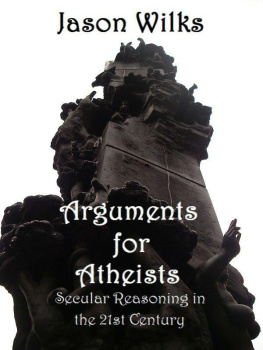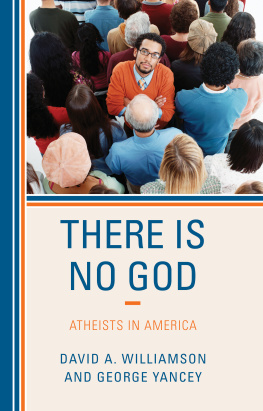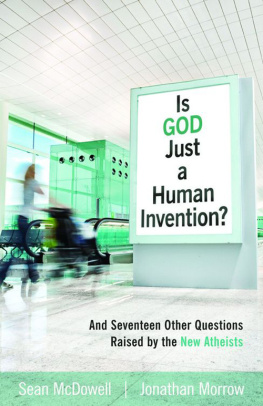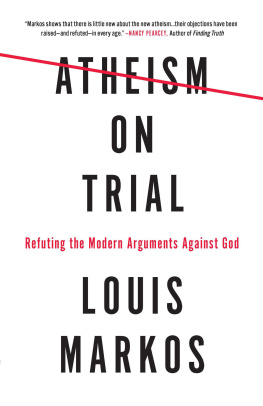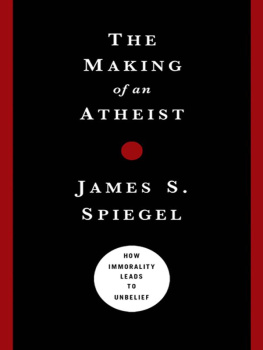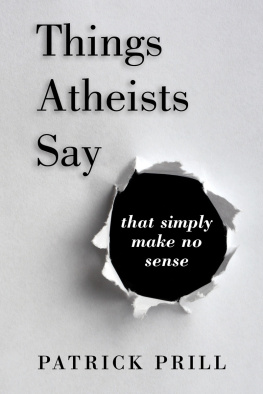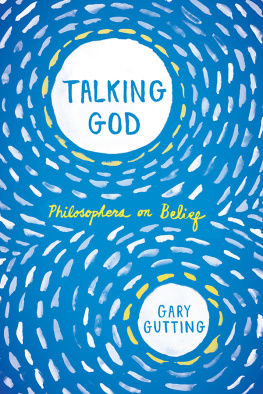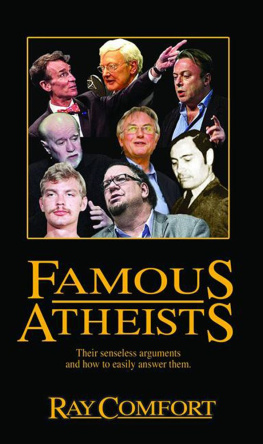Arguments for Atheists
Secular Reasoning in the 21 st Century
By Jason Wilks
Kindle Edition
_____________________________
Copyright 2012 by Jason Wilks. All Rights Reserved.
No part of this book may be reproduced or utilized in any form or by any means, electronic or mechanical, including photocopying and recording, or by informational storage and retrieval system, without permission in writing from the author.
_____________________________
TABLE OF CONTENTS
What is an atheist, and what do we believe?
Atheism is not a religion
Were all atheists
Why dont we believe?
The 10 commandments
Logical reason why god is not such a nice guy
Does our morality come from god?
Where do you get morality from, if not from the bible?
Can religion be harmful?
Living Levitically: rules from Leviticus even Christians break
Does absolute morality exist?
Hitchens challenge
Is there a correlation between atheism and quality of life?
The big bang
Evolution
The brain and the soul
Other ridiculous scientific things from the bible
Pascals wager
Why is faith a good thing?
How do you know god is the good one, and satan is the evil one?
How do you know god is more powerful than satan?
God loves you!
What evidence is there that Jesus existed?
Jesus sacrifice
Jesus wasnt quite the just, peaceful guy we think he was
What constitutes a miracle?
Do miracles occur?
The arrogance of answered prayers
What would make me believe?
Homosexuality and gay marriage
Contraception
Abortion
Introduction
Religions of various kinds have been around as long as humans have, and for good reason. We crave answers and explanations for the world around us, and for thousands of years, religious beliefs helped us to make sense of the things we did not understand.
But in the last 500 or so years, we have been discovering the answers to many of those questions. We now know how diseases spread, what causes lightning, what stars are and how many (approximately) there are in the universe. But there are still many things we do not have the answer to, such as what happens when we die, and how exactly the universe began.
Religion, in many ways, helped humanity to get on the right track to discovering more about what we are and how we came to be, and provided the first answers to these unknowns. Religion first got us started on philosophy, education, morality and medicine. If you consider the airplane as an analogy, we still build all planes with the same fundamentals of flight as the Wright brothers first successful attempt, but there is no reason to continue using the very first design, as it is obsolete and would be quite dangerous today. Religion is the same. Some of the basic, fundamental ideas we came up with thousands of years ago still hold true (think of the golden rule), but a reluctance to allow modern philosophies and moralities to progress past those bronze-age basics is ludicrous.
In this day and age, it has become apparent to many of us that it is time to discard the ancient myths of our ancestors in favour of the truths that we have learned, and are continuing to learn.
I originally sat down to write this book for myself. I was interested in religion, and wanted to know more about why I didnt believe in god. I knew that I didnt believe and never really have but I had no solid arguments to use when religious conversations popped up. I didnt know enough about religion to have a truly informed debate.
I started by reading books by Christopher Hitchens, Sam Harris and Richard Dawkins, and taking notes to remember later. The Atheist Experience, a public TV show based out of Austin, Texas helped me a lot, as the hosts of the show are excellent speakers with strong, well-thought-out arguments. I bought a bible, and started reading that, cover to cover, to see for myself what exactly was said in it. There are many religious and atheist websites on the internet as well, and I found it really helpful to read about both sides of the arguments, and find my own questions for either side.
After I had dozens of pages filled with thoughts, ideas, quotes and bible passages, I started writing this book that you are now reading. Writing things down has helped me to think harder about my beliefs, come up with strong arguments to back them up, and most importantly, understand the differences in why people believe what they do, no matter what their beliefs are.
I am no expert by any means, in the matters of theology, science or morality, but all are subjects that I love to read about, think about and learn about. I hope, if you are reading this book, that you are the same. Above all else, I urge you to be sceptical, about the things I have written here as much as the things you have read elsewhere. If you read something that I have written and think to yourself, wait a minute, that doesnt make sense, please go and do your own research. My aim in writing this is simply to provide some thoughts and ideas about religion that maybe you hadnt thought about before, so that you can go and ponder them for yourself. One of the most fascinating things about religion is that we all have our own opinions, and no one can convince you of what is true except yourself.
Youll notice that I pick on Christianity far more than other religions. While I believe that religion as a concept is no longer useful and all gods are man-made, I live in a country where Christianity is the majority religion, and I went to Catholic schools for my entire childhood. Im not against Christianity more than any other religions, I just happen to personally know more about it than I do Islam, Judaism or any other world religions.
Please keep in mind as you read this that I am not trying to prove definitively that no gods exist. Science may one day be able to prove or disprove the existence of a higher being, perhaps one that created all of reality, but as of now this kind of proof is not possible. All Im attempting to do here is show that with the information we currently have, a belief in any gods is unnecessary, and ultimately harmful to our species and modern society.
This book is intended mainly for two groups of people. First, atheists who know that they dont believe in gods, but need some reasons to back it up, for themselves or for discussions with others. If this is you, I hope this book will provide you with some ammunition, and I dont necessarily mean for arguments with theists, but also for yourself, so you have some things to think about.
The second group this book is for are agnostic theists, who dont understand why atheists dont believe in any gods. I want you to understand us, consider our points of view, and hopefully, begin to agree that there really is no need to believe in any gods.
Atheism in a nutshell
What is an atheist, and what do we believe?
When it comes to religious belief or non-belief, there are four categories where a person can be placed, based on two dichotomies: Theism/Atheism, and Gnosticism/Agnosticism. There are a lot of different perceptions about what exactly these terms mean, so for simplicitys sake, when I use the terms throughout this book, the following are the definitions that Im using.
Theism refers to a belief in a god or gods, and atheism refers to the contrary, namely a lack of that belief. This is sticky, because many people think that atheism means a belief that there is no god, and though this is commonly the case, within this book, think of it as lack of belief in god, rather than as an active belief that he doesnt exist.
Gnosticism and Agnosticism refer to knowledge, rather than belief. By that definition, every single person on Earth is agnostic, because in reality, no one knows for sure whether or not any gods exist (no matter how strongly they think they do). So lets go with a definition that is easier to categorize. Gnostics claim that they have knowledge whether or not there is a god, and agnostics do not make a claim to that knowledge.
Next page
